选择热点
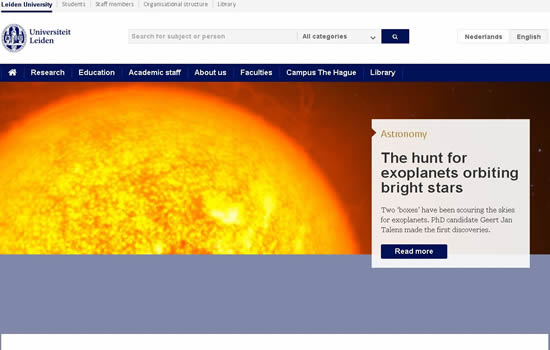 荷兰莱顿大学
荷兰莱顿大学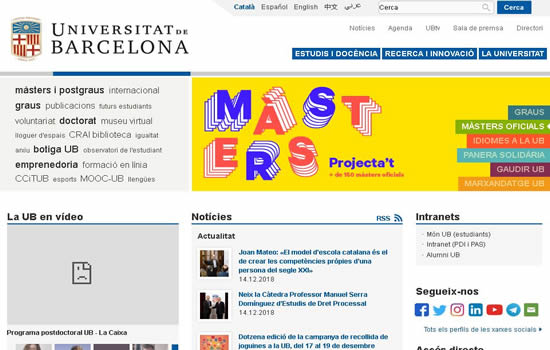 西班牙巴塞罗那大学
西班牙巴塞罗那大学 巴西圣保罗大学 University of Sao Paulo, Brazil
巴西圣保罗大学 University of Sao Paulo, Brazil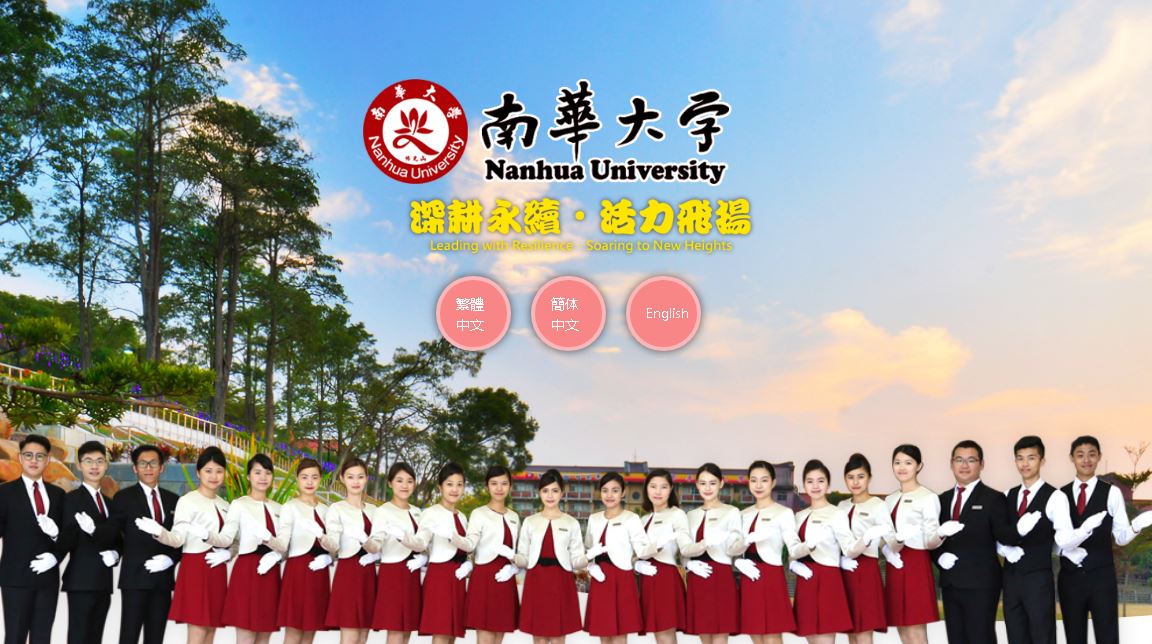 台湾南华大学 University of South China in Taiwan
台湾南华大学 University of South China in Taiwan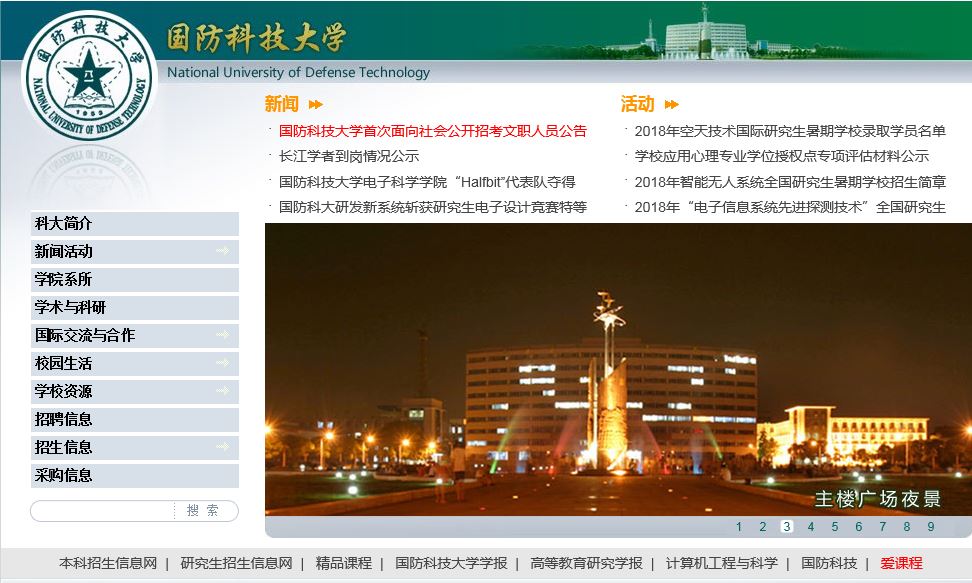 科技大学 National University of Defense Technology
科技大学 National University of Defense Technology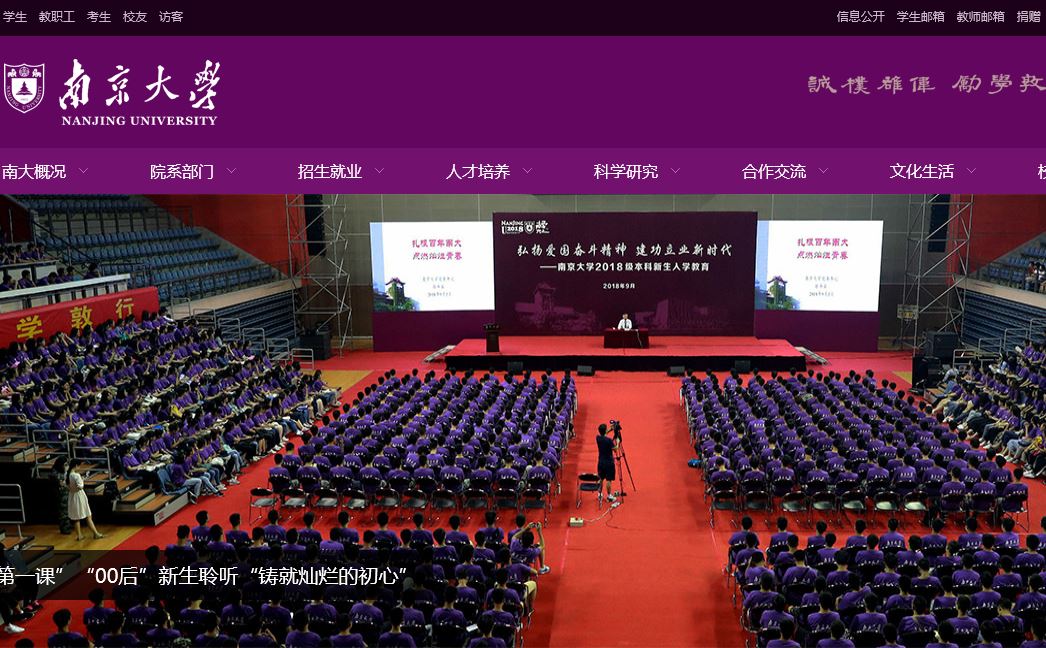 南京大学 Nanjing University
南京大学 Nanjing University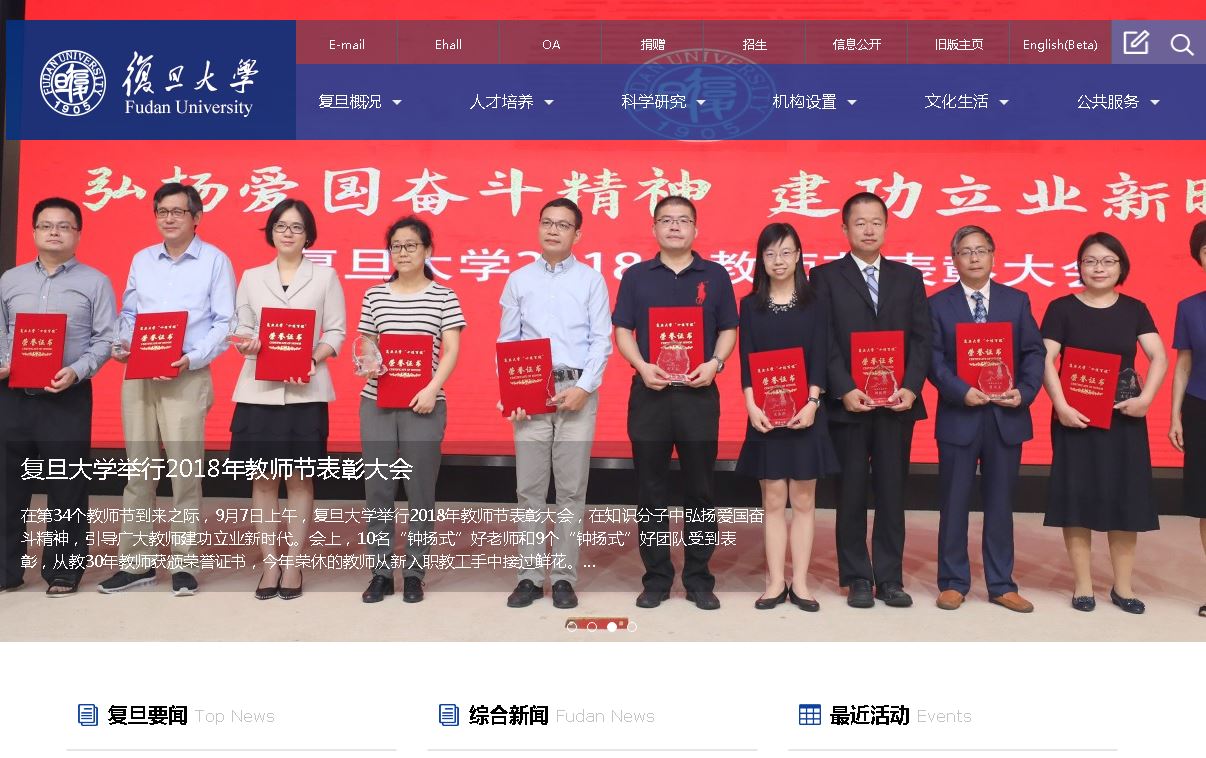 上海复旦大学 Fudan University
上海复旦大学 Fudan University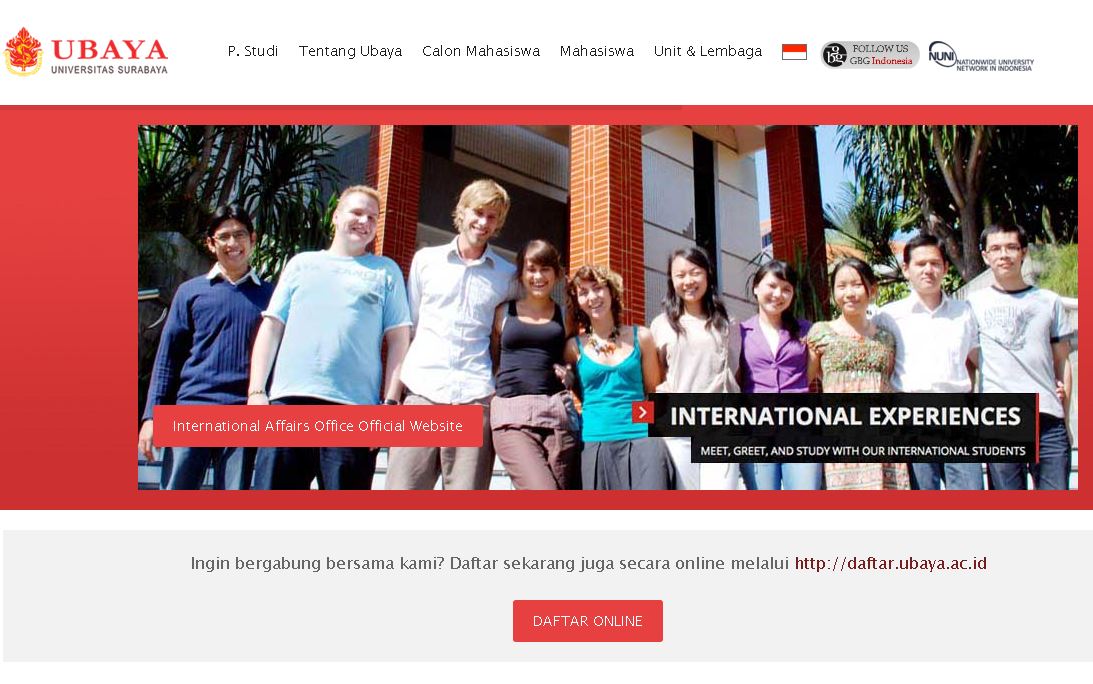 泗水大学(Ubaya)
泗水大学(Ubaya)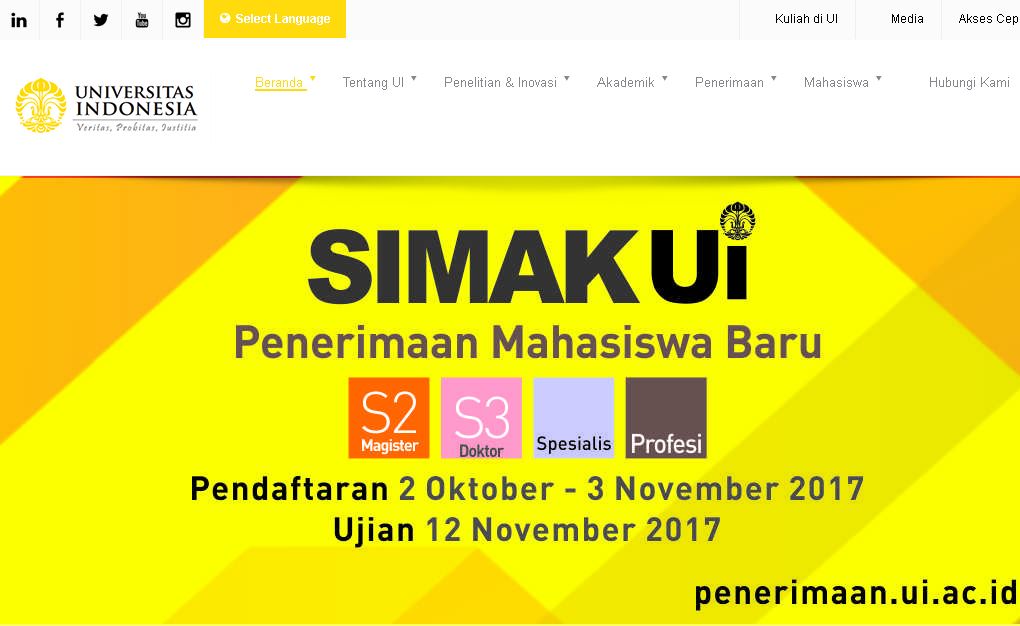 印尼大学 universitas indonesia
印尼大学 universitas indonesia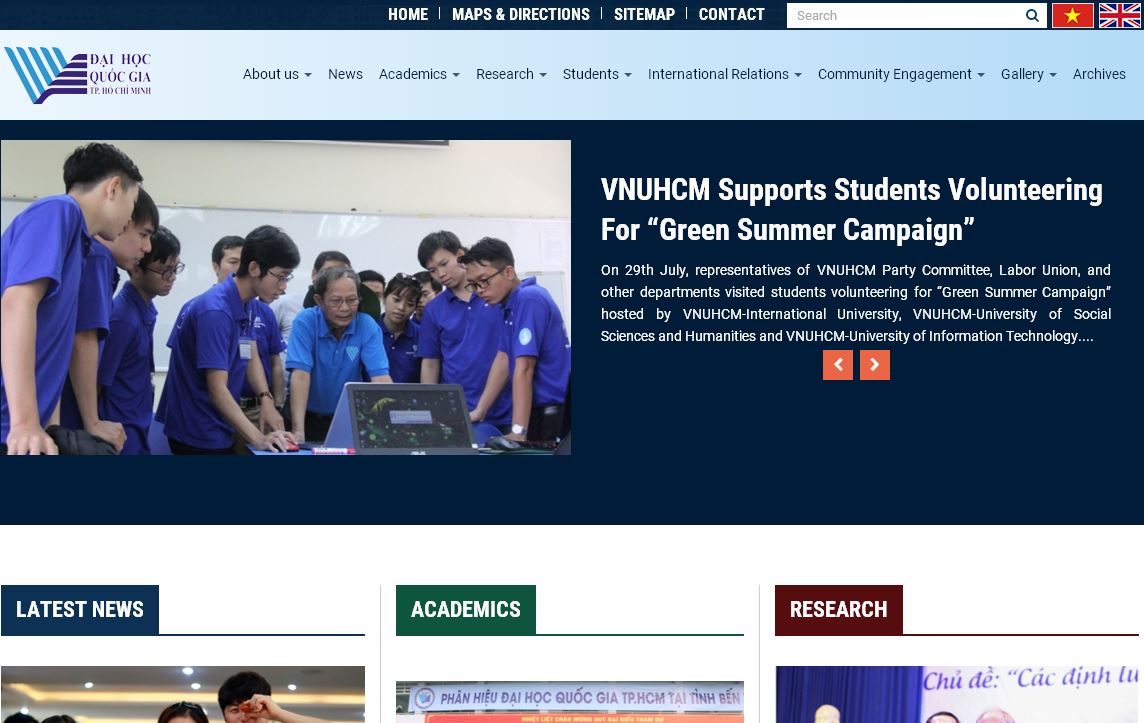 越南某大学 Vietnam National University
越南某大学 Vietnam National University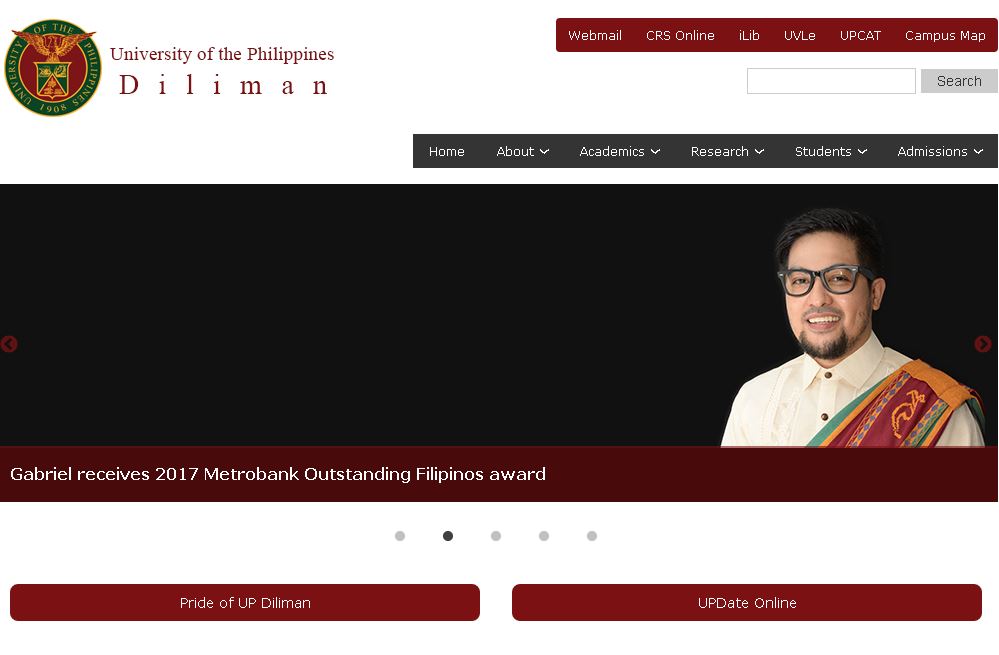 菲律宾大学 University Of The Philippines
菲律宾大学 University Of The Philippines
双语诗歌翻译|中庸·二十五
发布时间:2025-01-06
来源:大学网站
中庸 是中国儒家经典之一,原是 礼记 第三十一篇,相传为战国时期孔伋(子思)所作。
其内容肯定“中庸”是道德行为的最高标准,把“诚”看成是世界的本体,认为“至诚”则达到人生的最高境界,并提出“博学之,审问之,慎思之,明辨之,笃行之”的学习过程和认识方法。
宋代从 礼记 中抽出,与 大学 论语 孟子 合为“四书”。
宋元以后,成为学校官定的教科书和科举考试的必读书,对中国古代教育产生了极大的影响。
中庸二十五诚者,自成也;而道,自道也。
诚者,物之终始;不诚,无物。
是故,君子诚之为贵。
诚者,非自成己而已也,所以成物也。
成己,仁也;成物,知也。
性之德也,合外内之道也,故时措之宜也。
XXVTruth means the realisation of our being; and moral law means the law of our being.
Truth is the beginning and end (the substance) of existence.
Without truth there is no existence.
It is for this reason that the moral man values truth.
Truth is not only the realisation of our own being.
It is that by which things outside of us have an existence.
The realisation of our being is moral sense.
The realisation of things outside of us is intellect.
These, moral sense and intellect, are the powers or faculties of our being.
They combine the inner or subjective and outer or objective use of the power of the mind.
Therefore with truth, everything done is right.
【双语诗歌翻译|中庸·二十五 查看网站:[db:时间]】
其内容肯定“中庸”是道德行为的最高标准,把“诚”看成是世界的本体,认为“至诚”则达到人生的最高境界,并提出“博学之,审问之,慎思之,明辨之,笃行之”的学习过程和认识方法。
宋代从 礼记 中抽出,与 大学 论语 孟子 合为“四书”。
宋元以后,成为学校官定的教科书和科举考试的必读书,对中国古代教育产生了极大的影响。
中庸二十五诚者,自成也;而道,自道也。
诚者,物之终始;不诚,无物。
是故,君子诚之为贵。
诚者,非自成己而已也,所以成物也。
成己,仁也;成物,知也。
性之德也,合外内之道也,故时措之宜也。
XXVTruth means the realisation of our being; and moral law means the law of our being.
Truth is the beginning and end (the substance) of existence.
Without truth there is no existence.
It is for this reason that the moral man values truth.
Truth is not only the realisation of our own being.
It is that by which things outside of us have an existence.
The realisation of our being is moral sense.
The realisation of things outside of us is intellect.
These, moral sense and intellect, are the powers or faculties of our being.
They combine the inner or subjective and outer or objective use of the power of the mind.
Therefore with truth, everything done is right.
【双语诗歌翻译|中庸·二十五 查看网站:[db:时间]】
- 上一篇: 双语诗歌翻译|诗经·卫风·何广
- 下一篇: 双语诗歌翻译|中庸·二十四
相关阅读
目录列表
资讯列表
英语资讯


共0条评论
网友评论温馨提示:您的评论需要经过审核才能显示,请文明发言!